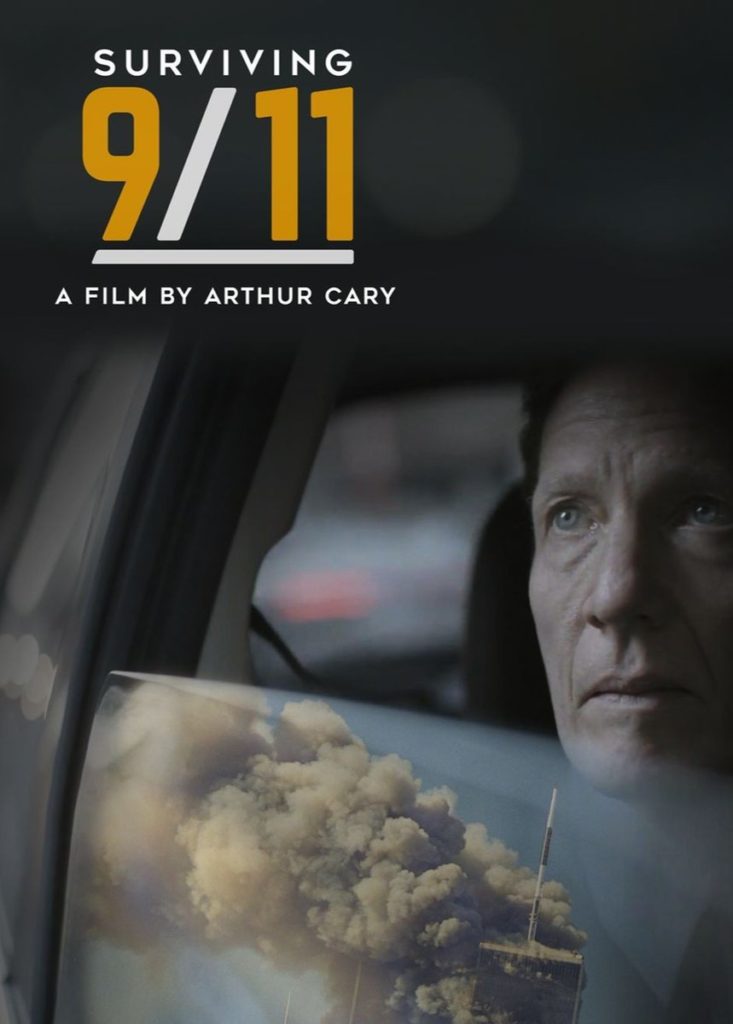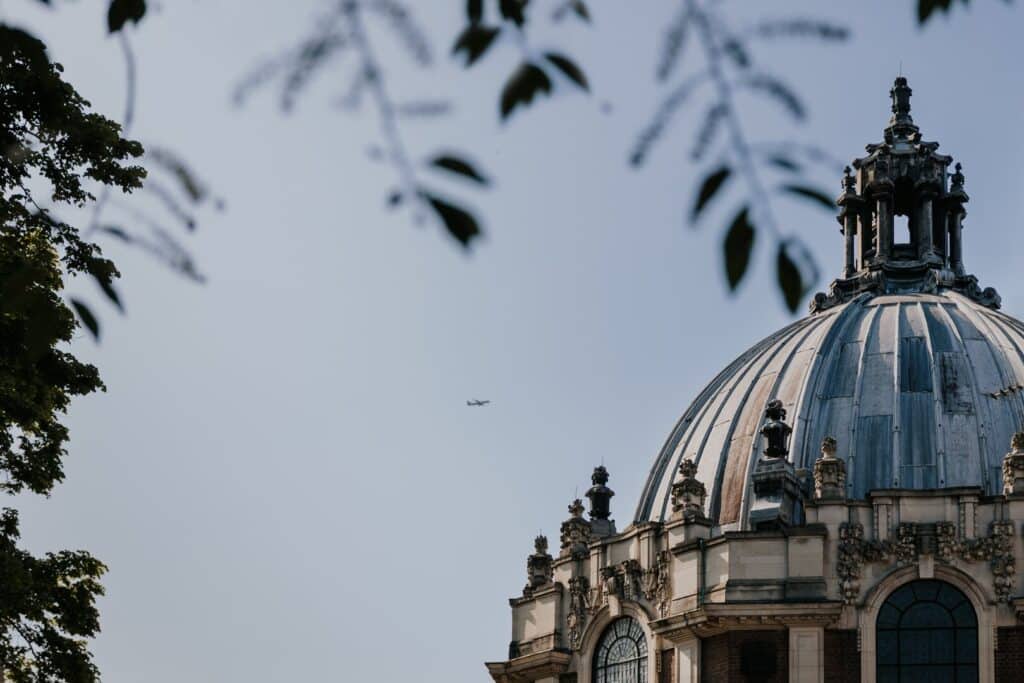Last week the History Society welcomed Arthur Cary OE, who spoke to a Marten Library bursting with historians about his career as a documentary filmmaker. In particular, Arthur spoke about two of his most recent projects: Surviving 9/11, which focuses on the experience of those who survived the attacks on the World Trade Centre, and The Last Survivors, which examines the lives of six British survivors of the Holocaust. The latter documentary won a BAFTA in 2020.
Arthur explained to the audience that his documentaries aim to explore the theme of living with the past. Recognising how many films had been made about the Holocaust, he sought to depict six Holocaust survivors living in the present, allowing the audience to “connect with the Holocaust through people with whom they would empathise.”
He stressed that history is arguably cyclical and that the Holocaust acts as one of many “warnings from the past”. Indeed, one of the most poignant scenes of the documentary involved a Holocaust survivor, Anita Lasker-Wallfisch (who has previously visited Eton) giving a speech at the opening of the Bundestag in which she stressed the dangers of anti-Semitism, neo-Nazism and fascism, particularly within the current geopolitical climate and the rise of the AfD.
Arthur’s Surviving 9/11 documentary also has a clear focus on the personal experiences of those who survived the terrorist attack, and asks the question which many found themselves confronted with: ‘Why did I make it out?’ Many of those interviewed for the documentary continued to experience unresolved trauma from that terrible day, with some turning to art and creative opportunities to try and understand the tragedy.
Arthur Cary has made a considerable name for himself as a documentary-maker and described his pleasure in knowing that his films are being shown in schools. We wish him well on his next project in Zimbabwe, where he is making a film about killing of Cecil the lion in 2015.




